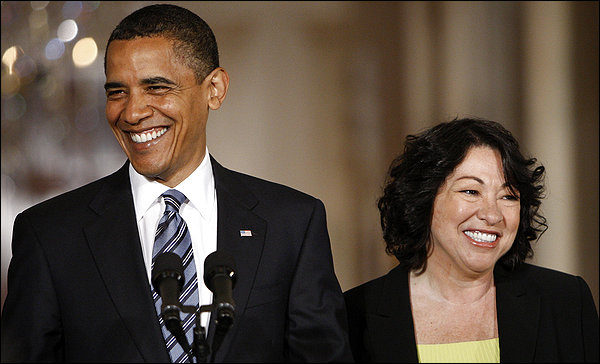“The recent attacks by Republican leaders and their ideological fellow-travelers on the effort to reform the health-care system have been so misleading, so disingenuous, that they could only spring from a cynical effort to gain partisan political advantage. By poisoning the political well, they’ve given up any pretense of being the loyal opposition. They’ve become political terrorists, willing to say or do anything to prevent the country from reaching a consensus on one of its most serious domestic problems.“
You know the GOP has gone too far when they start ticking off the business columnists: The WP’s Steve Pearlstein reads Republicans the riot act for their shameless lying on health care reform. (See also USA Today‘s attempt to set the record straight this morning, and Politifact’s evisceration of Sarah Palin’s bizarre “death panel” claim.)
I’m not going to get into all the current Democratic in-fighting over health insurance reform here (although I will say that I’m none too happy about this Billy Tauzin deal.) But, notwithstanding the Republicans’ recent penchant for astroturf (see also the 2000 Brooks Brothers riot and last April’s teabaggery), we already watched them road-test this reprehensible strategy — riling up scared, angry, and occasionally nutty people to alarm with hatred and patent untruths — last October. This is just more of the same, and I have every expectation it will backfire massively as it did then — hopefully before any serious violence breaks out.



